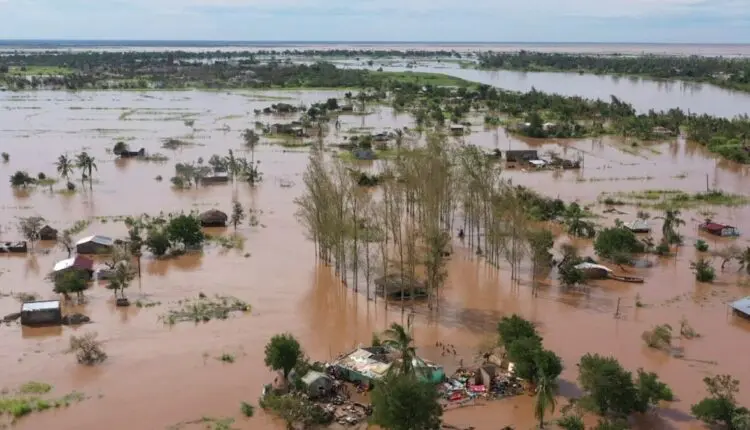Devastating floods have claimed 24 lives and caused property damage exceeding 22 billion naira ($28 million) in Nigeria’s Bauchi State, local officials confirmed Monday.

The Bauchi State Executive Council reported that 16 local government areas have been affected by persistent flooding, prompting the formation of an inter-ministerial committee to assess the extent of the disaster.
Hajara Wanka, Commissioner for Humanitarian Affairs and Disaster Management, detailed the flood’s impact, citing injuries to 163 people, destruction of 52,000 houses, and damage to critical infrastructure including roads, culverts, and electric poles. Over 122,000 households and 11,000 livestock have been affected.
“We’re still compiling our final report,” Wanka said. “Victims were temporarily housed in primary schools before joining relatives. No formal displacement camps were opened.”
The state council has approved funds to rehabilitate damaged infrastructure, responding to a federal government directive to assess the disaster’s impact across affected states. Aminu Hammayo, Commissioner for Budget and Economic Planning, will chair the assessment committee.

In a proactive measure, Dallami Kawule, Commissioner for Housing and Environment, announced a crackdown on structures built in waterways, citing their role in exacerbating flood damage. “We must prevent future disasters by addressing these illegal constructions,” Kawule stated.
Amid the crisis, the state is also focusing on educational improvements. Jamila Ɗahiru, Commissioner for Education, revealed plans to renovate and merge the state Education Resource Center with the new Zainab Bulkachuwa ICT Center, aiming to create a “world-class learning facility.”
As Bauchi State grapples with the flood’s aftermath, officials emphasize the need for both immediate relief efforts and long-term strategies to mitigate future disasters. The scale of destruction underscores the urgent need for comprehensive disaster preparedness and response mechanisms in the region.



